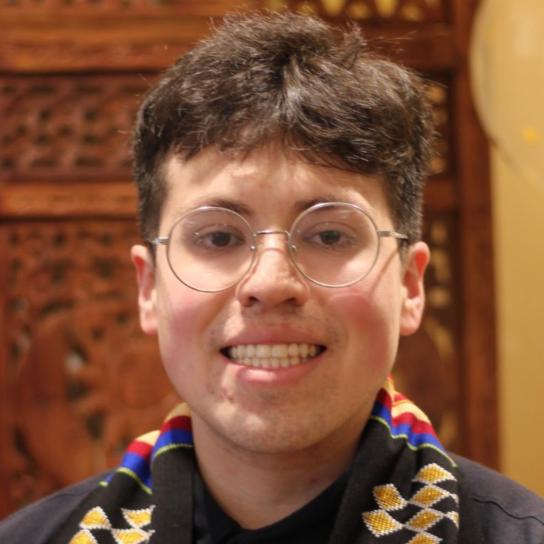Quick Summary
Every year the Minnesota Author Project awards three authors for their work in the following categories: Adult Fiction, Young Adult Fiction, and Communities Create. In the seventh iteration of these awards, Sherry Roberts, author of UP THERE, won the Adult Fiction category.

In the seventh iteration of these awards, Sherry Roberts was awarded the Adult Fiction category winner for her work UP THERE. In her own words, she describes this story as:
“Ariel Lee comes from a long line of women with the gift of flight. The wind speaks to her and helps her secretly ride the skies above the family farm in Cosette, Minnesota, but it also causes her trouble. When she decides to reject the call of the wind, she loses her connection not only with the skies but with herself. Years later, Ariel is drawn back to Cosette, where she finds the wind - and a storm of decisions - waiting for her. Can she rediscover her place in this world of wind and sky in time to save herself and the man she loves?
Up There lifts readers into a captivating blend of magical realism as it explores love, small-town life, the environment, and one woman's quest to find herself...”
You can check out her work for free, via Indie Minnesota.
What was the most rewarding part of writing this book, and what kept you motivated along the way?
UP THERE is a magical novel of self-discovery featuring a Minnesota woman who can walk the wind. I wrote UP THERE during the year of the pandemic, a time of self-discovery for all of us.
Like so many others, I was seeking comfort and love in uncertain times, and this story brought me both. It was crazy to fall for a woman born with the gift of flight in a time when no one could go anywhere, but I did. When my character, Ariel Lee, soared, so did I. She was a creature of nature, and we both were passionate about saving our planet. Ariel could ride the wind when I could barely open a window for fear of some virus sneaking in. While we were all locked down with windows and doors shut tight, I sat down at my desk every day and escaped into the Minnesota skies with Ariel.
This was my sixth novel, and it truly was a different experience for me. I had so much fun writing it that I never wanted to NOT be at my desk writing and experiencing the world of Up There. I am writing a sequel to Up There and finding that same joy again.
What were some of the biggest challenges you encountered while writing, and how did you overcome them?
This book really wanted to come to life. It wouldn't leave me alone. Scenes, phrases, and pieces of dialogue haunted me, playing over and over in my head, on my walks and at night. Sometimes, I had to get up in the middle of the night and add another note to my long list of ideas for the book. Other nights, I stayed in bed whispering into my phone and sending emails to myself. The next morning I would open the email and wonder what I had meant by "shoe, wonky eyebrow, quilt."
Up There started as a short story called "Wind Rider," which was featured in the mystery anthology, Dark Side of the Loon. It was a challenge to grow the story from a few thousand words to a novel length of more than 80,000 words. I also didn't feel that this book was a mystery, unlike the short story or some of my previous novels. I envisioned a softer, sweeter tale of an extraordinary woman hiding her secrets so deeply that she loses herself.
What do you hope readers take away from your book, and what impact do you envision it having in your community?
Up There explores love, small-town life, environmental issues, and one woman’s quest to find herself. Coming from a long line of women who could fly, Ariel Lee is attuned to changes in the natural world. She writes about the environment, the wind speaks to her, and she communicates with it. Finding out who she is - a woman of wind and sky - in a changing world is the heart of the novel.
I think many of us wonder who we are in this changing world of ours. We don't understand the volatility of the weather, the unexpected political leanings of our neighbors, the invisible and constant threats to our health and our families, the anger that seems to be boiling just below the surface of so many people.
We are all Ariel Lee, and so the question becomes: How do we find our place in changing times?
Bonus Question: How did you manage stress during this process?
I take walks and let nature work its magic. Invariably, I return home calmer and maybe with an idea or two. I don't drink coffee, never have. My mother often insisted I couldn't be classified as an adult until I shared a cup of java with her. Now, if she had offered me a chunk of chocolate.


